Der Imker (2013)
장르 : 다큐멘터리
상영시간 : 0분
연출 : Mano Khalil
시놉시스
A documentary about Ibrahim Gezer, who escaped from war in Kurdistan to Switzerland. All is lost, except his love for beekeeping.
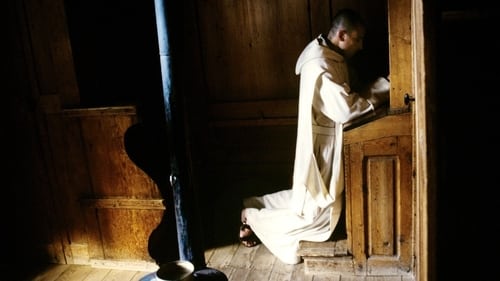
해발 1,300m 알프스의 깊은 계곡. 그곳에 누구도 쉬이 들여다 보지 못했던 고요함의 세계가 있다. 해가 뜨고 달이 지고 별들이 나타났다 사라지길 반복하는 계절 속에서 영원을 간직한 공간을, 그들만의 시간을 만들어 나가는 이들이 있다. 그리고 우리는 그저 조용히 그 일상의 깊이를 바라본다. 처음이자 마지막이 될 카르투지오 수도원의 일상을 담은 침묵으로의 여행.
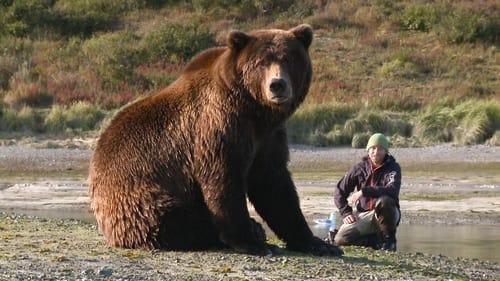
알래스카반도 끝에서 영화감독 로만의 어린 시절 꿈이 이루어졌다. 곰 전문 연구가 데이비드와 함께 로만은 야생 곰을 발견한다. 지척에서 야생 곰 가족을 발견한 그들은 야생 곰들이 생존을 위해 분투하고 치열하게 싸우는 모습들을 목격한다.
(2021년 제6회 울주세계산악영화제) 알래스카 야생에서 곰과 함께한 3개월, 이 관찰의 이정(里程)은 발루, 부르노, 플러피, 그리고 루나와의 만남과 이별이기도 하다.
(2021년 제6회 울주세계산악영화제/이정진)

A documentary. David Sieveking takes the advice of his idol, David Lynch and tries out Maharishi Mahesh Yogi's transcendental meditation technique.
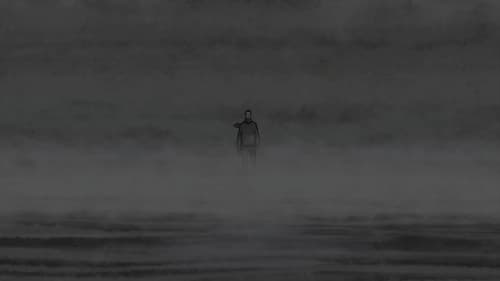
Croatia, 7th of January 1992: In the middle of the war, a young journalist's body is discovered dressed in the uniform of an international mercenary group. Twenty years later, his cousin Anja Kofmel investigates his story.
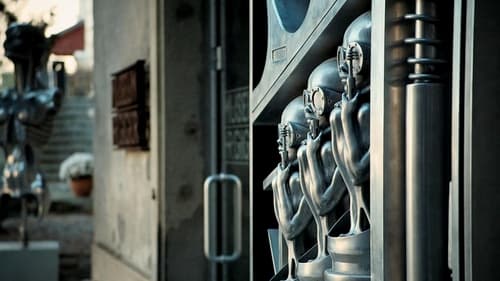
An account of the life and work of Swiss painter, sculptor, architect and designer H. R. Giger (1940-2014), tormented father of creatures as fearsome as they are fascinating, inhabitants of nightmarish biomechanical worlds.
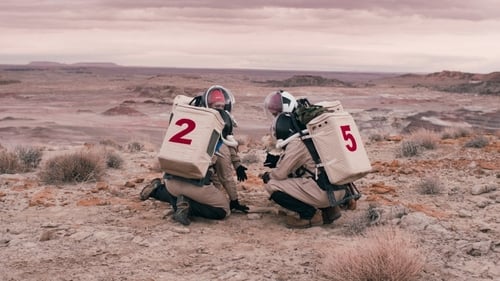
Above and Below is a rough and rhythmic roller coaster ride seating five survivors in their daily hustle through an apocalyptic world. A journey of challenges and beauty in uncomfortable places: Rick & Cindy, Godfather Lalo in the flood channels deep down under the shiny strip of Sin City. Dave in the dry and lonesome Californian desert and April in simulation for a Mars mission in the Utah desert. Through the hustle, the pain and the laughs, we are whisked away to an unfamiliar world, yet quickly discover the souls we encounter are perhaps not that different from our own.
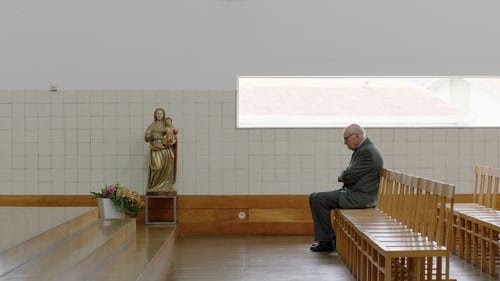
How can structures, which take up defined, rigid portions of space, make us feel transcendence? How can chapels turn into places of introspection? How can walls grant boundless freedom? Driven by intense childhood impressions, director Christoph Schaub visits extraordinary churches, both ancient and futuristic, and discovers works of art that take him up to the skies and all the way down to the bottom of the ocean. With the help of architects Peter Zumthor, Peter Märkli, and Álvaro Siza Vieira, artists James Turrell and Cristina Iglesias, and drummer Sergé “Jojo” Mayer, he tries to make sense of the world and decipher our spiritual experiences using the seemingly abstract concepts of light, time, rhythm, sound, and shape. The superb cinematography turns this contemplative search into a multi-sensory experience.
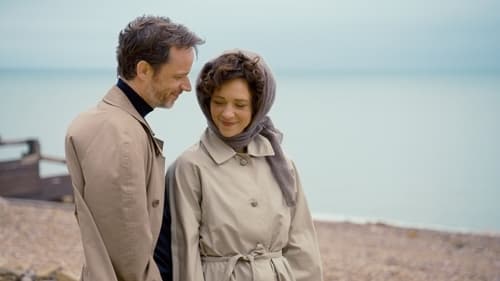
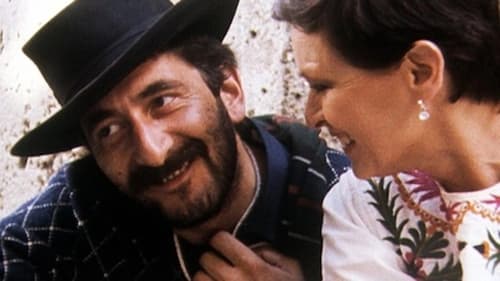
When director Daniel Schmid grew up, his parents ran a hotel in the Alps, and this singular setting was to influence his film. Rather by coincidence he came to Berlin in the early 1960s and became part of the new German wave. Schmid worked with, among others, Wenders and Fassbinder, for example as an actor in Wender’s The American Friend. He met Ingrid Caven, who was to play a diva in several of his films. This is a documentation of a part of modern European film history and a good analysis of artistry and how it corresponds to the individual behind the camera. A wealth of archival footage brings us close to many directors and actors in Schmid’s circle. If you’ve never seen a Daniel Schmid film, you are sure to want to after watching this portrait of his life.
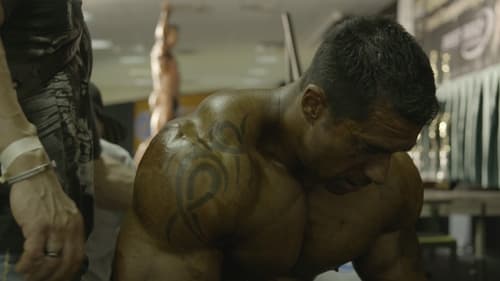
(Re)immersing himself in body building, David Nicolas Parel endeavours to follow his younger brother as he trains for the Arnold Classic – Arnold, from the famous Austrian/American actor and politician. Convinced he is the one who inspired this passion, he worries about the risks this sport has on his brother’s health and aspires to strengthen their now strained bond. A film on the edge.
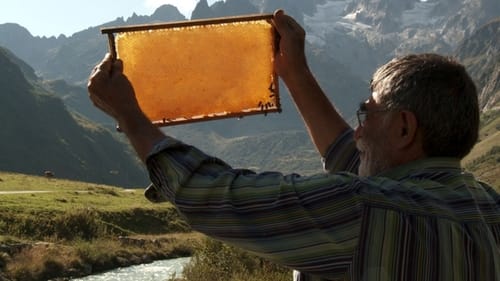
A documentary about Ibrahim Gezer, who escaped from war in Kurdistan to Switzerland. All is lost, except his love for beekeeping.
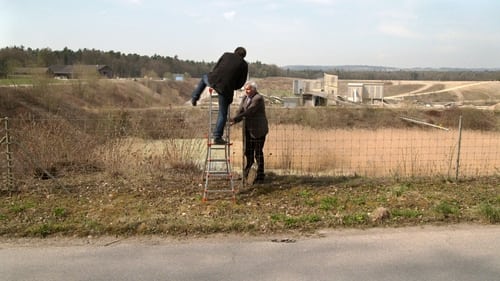
Over 350,000 tons of highly radioactive waste and spent fuel rods are in temporary storage on site at nuclear power complexes and at intermediate storage sites all over the world. More than 10,000 additional tons join them every year. It is the most dangerous waste man has ever produced. Waste that requires storage in a safe final repository for hundreds of thousands of years. Out of reach of humanity and other living creatures. The question is, where? Together with Swiss-British nuclear physicist Charles McCombie, who has been searching for a safe final storage site for highly radioactive nuclear waste for thirty-five years, director Edgar Hagen investigates the limitations and contradictions involved in this project of global significance. Supporters and opponents of nuclear energy struggle for solutions whilst dogmatic worldviews are assailed by doubt

Since the conflict in Darfur spread to the eastern border regions of Chad in 2005, some 13,000 people fled from this region to the refugee camp near the village of Gouroukoun. For them, the war is never far off. Many of these traumatised refugees have lived here for years, with little food, no work and no prospect of returning home. Zuchuat took his camera to the camp and captured their uncertain existence without providing any comment. He captures the refugees' arduous daily life in long shots, often from a single angle. They all have their own stories of how they ended up here, how they saw their families and fellow-villagers perish and no longer have any work, cattle or land. Another striking story is told by a child that uses a drawing to explain how he was chased away from his native village. Little girls sing a battle song while waiting for what comes next in this prison without bars.

In their very own ways, scientists, artists and wandering souls search in the inhospitable and mythical desert landscape for the meaning of life.

A documentary film about Tibetan traditional medicine.

An analysis of the current state of democracy in Switzerland

What Swiss director Stefan Schweitert did for accordion music and for yodeling (Accordion Tribe, Cinequest, 2005; Echoes of Home, Cinequest 2008) he now does for traditional Balkan music. This wonderful film is also a love story – and a door into a world of musical wonders.

The film about Max Bill (1908-1994) moves between the dynamic fields of art, aesthetics and politics. Max Bill was probably the most important swiss artist of the 20th century and the most famous student to come out of the legendary Bauhaus in Dessau. He was an ardent anti-fascist and all his avant-garde work as an artist, sculptor, architect and typographer showed a social responsibility and environmental awareness right through his life. His views have become incredibly topical.

Between 1947 and 1951, more than 80 000 Greek men, women and children were deported to the isle of Makronissos (Greece) in reeducation camps created to ‘fight the spread of Communism’. Among those exiles were a number of writers and poets, including Yannis Ritsos and Tassos Livaditis. Despite the deprivation and torture, they managed to write poems which describe the struggle for survival in this world of internment. These texts, some of them buried in the camps, were later found. «Like Lions of stone at the gateway of night» blends these poetic writings with the reeducation propaganda speeches constantly piped through the camps’ loudspeakers. Long tracking shots take us on a trance-like journey through the camp ruins, interrupted along the way by segments from photographic archives. A cinematic essay, which revives the memory of forgotten ruins and a battle lost.















